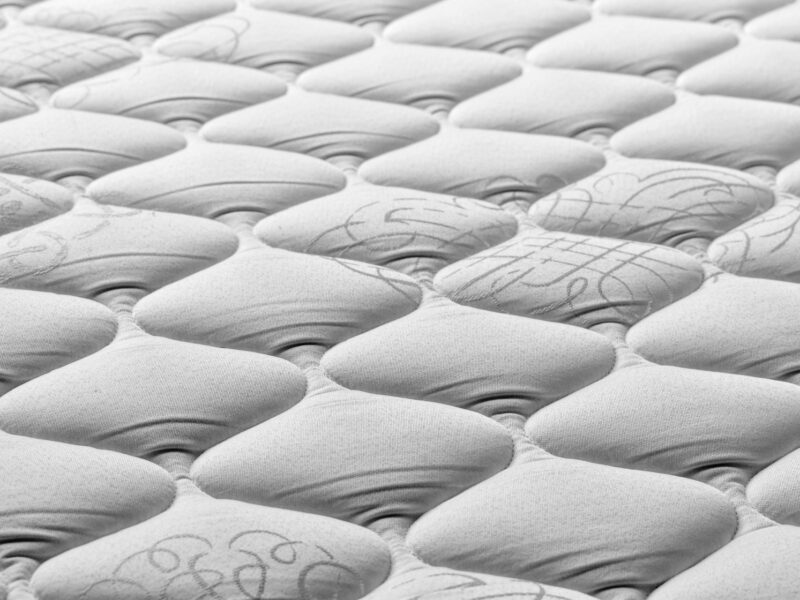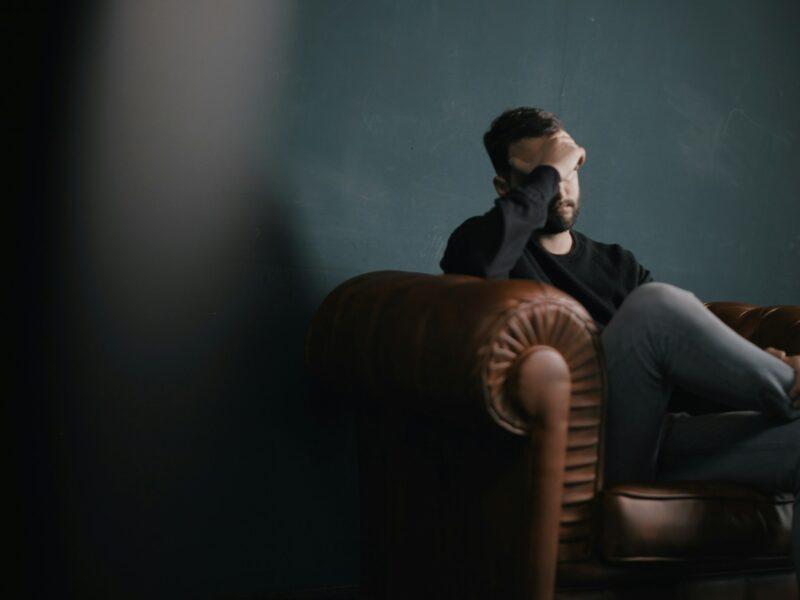Fashion is associated with style, self-expression, and creativity. It is a powerful medium through which people communicate their identity and personality. However, the connection between fashion and mental health is a topic that has gained increasing attention in recent years. This article explores the intricate relationship between fashion and mental health, shedding light on how clothes and accessories can significantly impact emotional well-being. Keep reading to find out more.
Fashion as a Form of Self-Expression
Fashion serves as a tool for self-expression, allowing individuals to convey their moods, thoughts, and feelings. The way you dress can influence your self-perception and confidence levels. When people wear clothing that aligns with their self-identity, it can boost their self-esteem and overall mental well-being. On the other hand, dressing in a way that doesn’t match your identity can lead to discomfort and insecurity.
The Power of Confidence
The link between clothing and confidence is undeniable. Wearing an outfit that makes you feel good can be a confidence booster. The addition of carefully selected accessories can be enough to boost your confidence. For example, when you are carrying a beautifully sparkling clutch bag from www.judithleiber.com, you will feel unstoppable. When people feel confident in their appearance, they are more likely to tackle challenges and face social situations with a positive mindset. This increase in self-assuredness can directly impact mental health, reducing feelings of anxiety and self-doubt.
The Therapeutic Nature of Dressing Up
Selecting an outfit, accessorizing, and getting dressed can be therapeutic. It allows individuals to focus on a creative and constructive task, diverting their attention from stressors and negative thoughts. Many people find solace in curating their wardrobe and using fashion as a form of self-care. In essence, fashion can serve as a mindful practice that contributes to mental well-being.
Clothing and Mood Regulation
It is well-documented that colors can influence mood. Different hues can evoke various emotions, and this phenomenon is often used in fashion to create desired psychological effects. For example, wearing bright colors can promote feelings of happiness and energy, while subdued tones can have a calming effect. This aspect of fashion allows individuals to consciously choose clothing that complements their emotional state, effectively regulating their moods.
The Impact of Social Comparison
While fashion can be a source of empowerment, it can also contribute to negativity when people engage in constant social comparison. In an age where social media is so prevalent, it’s easier than ever to compare yourself to unrealistic standards of beauty and style promoted by influencers and celebrities. This constant comparison can lead to feelings of inadequacy, low self-esteem, and even depression. However, it’s important not to compare yourself to others.
Fashion can have a big influence on a person’s mental health. It has the power to make you feel more confident, and choosing an outfit can have a calming effect. While some people compare themselves to others, thanks to the pressure that comes with social media, it is important to remember that your personal style is your choice and your choice alone.




